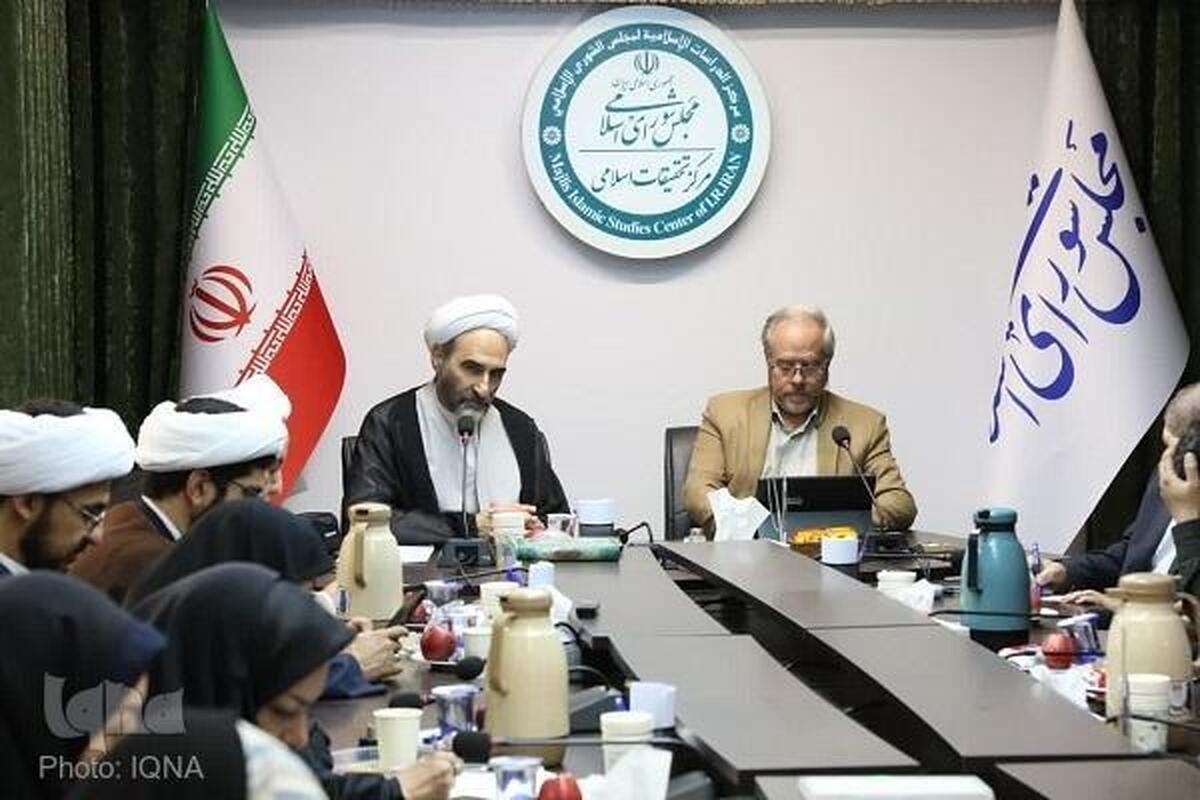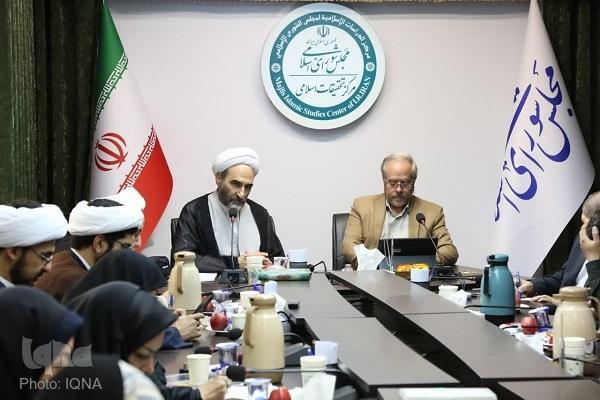Int’l Conference to Explore ‘Islamic Jurisprudence, Law, and AI’


The scholarly event will be organized by the Iranian Parliament’s Islamic Research Center in the coming months, according to Ayatollah Ahmad Moballeghi, a member of Iran’s Assembly of Experts and head of the conference, who outlined the objectives of the conference during a press briefing on Sunday.
“This conference is designed to foster dialogue between the knowledge systems of Fiqh, law, and other civilizational fields,” he said. “Each year, it explores new analytical frameworks to bridge Fiqh and law.”
Moballeghi, a senior cleric and academic, emphasized the growing importance of AI in legislative discussions.
“With the Iranian Parliament actively engaged in AI-related legislation, this conference takes on added significance,” he said.
The conference will focus on two key areas, he noted, namely examining the jurisprudential and legal dimensions of AI and developing frameworks for Sharia-compliant governance of AI-driven developments.
“AI is not just a technological tool—it is a civilizational force reshaping economies, culture, ethics, and even our understanding of humanity,” Moballeghi said.
He stressed that AI could serve as a mediator between Fiqh and law, helping to reduce gaps and enhance coherence between the two systems.
“Through big data analysis and adaptive decision-making models, AI can play a role in pre-legislation, legislation, and post-legislation phases,” he added.
Read More:
Moballeghi highlighted the need for forward-looking, Fiqh-based legislation to address emerging AI challenges.
“Future legislation must be intelligent in recognizing new realities, proactive in rule-making, and comprehensive in covering legal, ethical, and cultural dimensions.”
He also underscored the strategic importance of AI, citing Leaderof the Islamic Revolution Ayatollah Seyed Ali Khamenei’s emphasis on the technology.
Read More:
“We must develop both technical infrastructure and jurisprudential-legal frameworks to govern AI effectively,” Moballeghi stated.
He further said the conference aims to facilitate scholarly discussions on AI’s impact on lawmaking.
This event is a strategic opportunity for meaningful academic and jurisprudential dialogue, he went on to say.
4287245



